Abass Alavi
Table of contents :
Cover
……Page 1
Preface……Page 2
[18F]-fluorodeoxyglucose PET for staging esophageal carcinoma……Page 5
[18F]-fluorodeoxyglucose PET for evaluating the response to neoadjuvant treatment……Page 6
Gastric carcinoma……Page 7
Colorectal cancer……Page 10
[18F]-fluorodeoxyglucose PET for diagnosing pancreatic cancer……Page 8
Assessment of therapy……Page 13
[18F]-fluorodeoxyglucose PET imaging in the diagnosis and staging of recurrent colorectal cancer……Page 11
Increased carcinoembryonic antigen levels with inconclusive conventional exploration……Page 12
References……Page 15
Perspectives……Page 14
Diagnosis of primary tumor……Page 22
Detection of regional lymph node and distant metastases……Page 0
Recurrence and prognosis……Page 27
References……Page 28
Recurrent or metastatic papillary and follicular thyroid cancers……Page 32
Initial detection of primary tumor and staging……Page 35
Monitoring therapy……Page 36
Other PET tracers……Page 37
References……Page 38
Quantification in PET……Page 43
Quantitative kinetic analysis……Page 44
Simplified quantitative studies……Page 45
Standardized uptake values……Page 46
References……Page 47
PET instrumentation……Page 51
Random coincidences……Page 52
Requirements and limitations of clinical image quality……Page 53
Impact of scanner design on a PET image: two-dimensional versus fully three-dimensional imaging……Page 54
Impact of detector design on a PET image……Page 55
Impact of scintillator choice on a PET image……Page 57
Current-generation of whole-body PET scanners……Page 58
Scattered coincidences……Page 59
Attenuation……Page 60
Future directions……Page 61
References……Page 62
Tumor staging……Page 65
Tumor recurrence/restaging……Page 67
Treatment response/Prognosis……Page 68
Diagnosis and initial staging……Page 70
Recurrent disease……Page 72
Uterine cancer……Page 73
Fallopian tube carcinoma……Page 74
References……Page 75
Prostate cancer……Page 78
C11-acetate PET……Page 79
Fluorodeoxyglucose-PET……Page 80
Fluorodeoxyglucose-PET……Page 81
Initial staging……Page 82
Recurrent and residual disease……Page 83
Recurrent and distant disease……Page 84
Bladder cancer……Page 86
References……Page 87
PET/CT scanner instrumentation, challenges, and solutions……Page 91
PET/CT scanner design……Page 93
Combined image display in PET/CT……Page 95
Attenuation correction with PET/CT……Page 96
Causes of CT-based attenuation correction bias……Page 97
Additional challenges for CT-based attenuation correction……Page 99
Acknowledgments……Page 103
References……Page 104
Initial staging……Page 107
Diagnosis and detection of disease……Page 108
Extent of disease involvement……Page 110
Evaluation during and after treatment……Page 111
Evaluation during treatment……Page 114
Recurrence and prognosis……Page 116
Summary……Page 120
References……Page 121
Radiotracers for the brain dopamine system……Page 125
Dopamine receptor radioligands……Page 126
5-HT1A receptor radioligands……Page 127
Serotonin transporter radioligands……Page 128
Radiotracers for the benzodiazepine system……Page 129
Nicotinic-cholinergic receptors radioligands……Page 130
Radiotracers for amino acids and protein synthesis……Page 131
Radiotracers for lipid synthesis……Page 132
Radiotracers for apoptosis……Page 133
Summary……Page 134
References……Page 135
PET: a revolution in medical imaging……Page 146
Structural and functional studies with MR imaging and spectroscopy……Page 147
Optical imaging……Page 148
Epilepsy……Page 149
Malignant disorders……Page 150
Infectious and inflammatory processes……Page 151
Osseous disorders……Page 152
Angiogenesis……Page 153
Labeled amino acids……Page 154
Role of PET/CT coregistration……Page 155
Summary……Page 157
References……Page 158
Mechanism of fluorodeoxyglucose uptake in the cells……Page 165
Head and neck……Page 166
Thorax……Page 169
Gastrointestinal tract……Page 171
Kidney and lower urinary tract……Page 173
Skeletal muscles……Page 174
Bone……Page 175
Miscellaneous……Page 179
References……Page 181
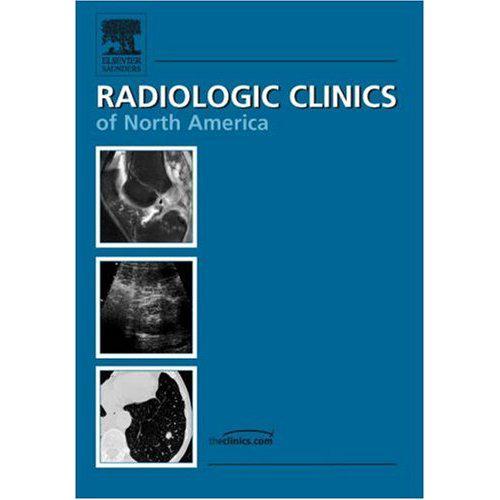
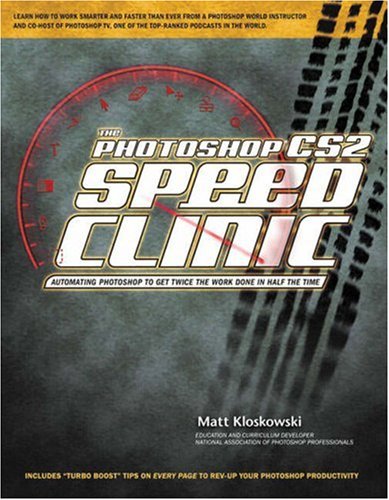
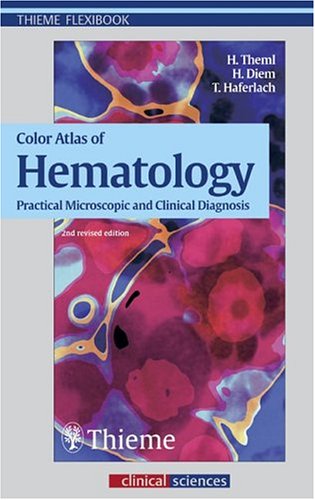
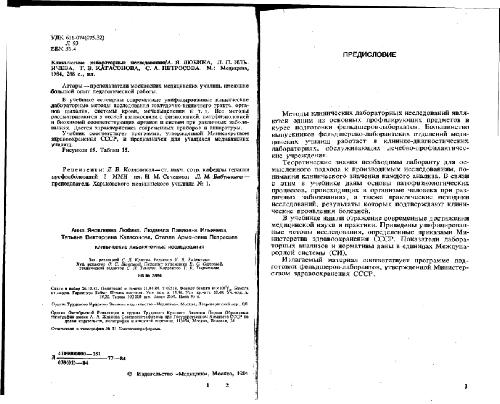
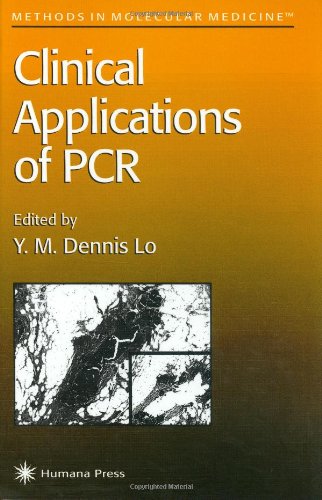


Reviews
There are no reviews yet.